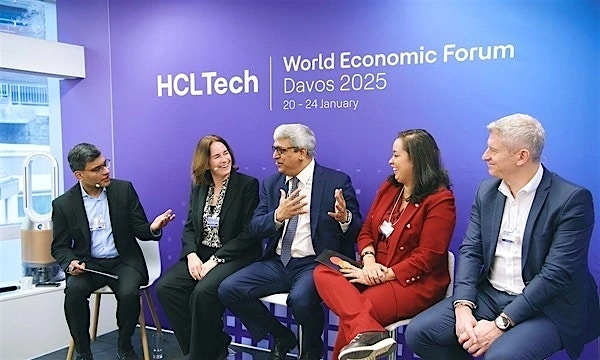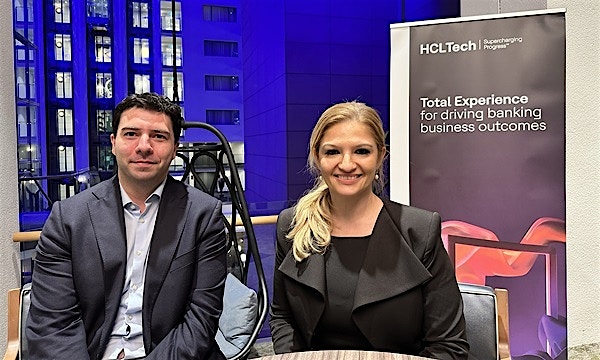Banking-as-a-service is no longer a buzzword for the financial sector. In today’s digital-first world, composable banking is emerging as a new approach that aligns speed, agility and innovation to stay ahead in a competitive financial market.
A lack of architectural flexibility often challenged traditional banks, preventing them from accelerating their pace of transformation. Composable architecture aims to treat change as a constant by continuously innovating technology platforms with the latest advancements and building new products while delivering hyper-personalized customer journeys.
There are no one-size-fits-all vendor lock-ins, risk of replacing monolithic core banking systems, or expensive engagements. “Composable banking allows customers freedom of choice,” says Sriraman Ganesan, Executive Vice President, Product Engineering, Temenos.
“Instead of taking the entire suite from a particular code backing vendor, a customer can choose elements and incorporate them into this enterprise landscape. As the project progresses, the customer can then choose more items to be integrated, thereby doing what we would call as progressive renovation, rather than adopting everything—and Temenos is an expert in the field,” he adds.
Banks want to use the best-of-breed solutions, for instance, taking accounting solutions from a particular segment and lending solutions from another vendor. Composable architecture is all about incorporating the specific components an enterprise needs to deliver a new service with a great customer experience. Netflix and Google are classic examples of having used composable architecture.
Balancing new features and investments in business vision
For a bank, it's difficult to predict which way the technology will move. With the burst of fintech, the market is now open for composable banking. For over 30 years, Temenos has been helping clients deliver the most open and secure cloud-native platform for composing, extending or deploying banking capabilities at scale.
To embrace digital transformation, a bank needs to trust a vendor who understands the technology changes, and at the same time, is also able to support the current landscape.
“We partner with HCLTech to enable banks and other financial institutions to progressively modernize at scale, accelerate their digital transformation and support their transition to the cloud to help them deliver omnichannel customer experience,” says Ganesan.
HCLTech and Temenos collaboration is already serving several global banks and has set up the HCLTech-Temenos Center of Excellence, which has over 250 subject matter experts.
Sustainability in banking
According to Bloomberg, global ESG assets are on track to exceed $53 trillion by 2025, representing more than a third of the $140.5 trillion in projected total assets under management. As fintech companies endeavors to automate and streamline financial services, sustainable finance is focused on leveraging technology to drive sustainability and create a healthier planet.
“Today writing greener code is part of the development SDLC process in Temenos. What this means is that the code is written efficiently emphasis on adequate compute and adequate data to perform the processing. This makes the software performant as well as lighter on infrastructure at all layers. Temenos achieved a significant reduction of 20% last year with the adoption of the greener development principles inclusion,” added Ganesan.
Temenos has embedded sustainability within its operations, value chain and product offering, with strong ESG governance, reporting and measurable targets. The company has endorsed the United Nations Global Compact (UNGC) and supports the UN Sustainable Development Goals (SDGs).





